In a groundbreaking development, South African drone company Aerobotics is transforming the US agriculture industry by harnessing the power of Artificial Intelligence (AI). With a focus on fruit and nut farmers, Aerobotics’ innovative technology is helping improve crop yields and optimize resource utilization, particularly in the face of climate change challenges.
Aerobotics’ Global Reach
Despite being a relatively young company, Aerobotics has already made significant strides in the global agriculture market. Operating in 18 countries, the company’s largest market is the United States, followed by South Africa, Australia, Spain, and Portugal, reports Fox News. Aerobotics’ customers collectively produce tens of millions of tons of fresh produce annually.
California: The Epicenter of Aerobotics’ US Operations
California, home to over 76,000 farms and ranches, is the focal point of Aerobotics’ US operations. The state, which produces more than half of all fruit and vegetables grown in the country, faces significant challenges due to climate change. Aerobotics’ AI-driven solutions are helping farmers in California and beyond navigate these difficulties by increasing crop yields and optimizing water usage.
CEO James Paterson explains, “We work with a range of fruit and nut producers across the U.S., from citrus and table grape growers in California, to apple producers in Washington, to nut growers in Arizona and New Mexico. We have mapped over 600,000 acres of farmland in the U.S., and growers are uploading over 1 million images of fruit per month through our platform, using our system to scale their knowledge.”
The Power of AI in Agriculture
Aerobotics’ AI software analyzes vast amounts of data collected by drones and mobile phones operated by farmers and professional drone pilots. The software, in conjunction with Amazon Web Services (AWS) servers, evaluates the health and status of fruit and predicts crop yields. This information assists in planning for packhouses, sales teams, and retailers, while significantly reducing the time required for tasks such as pest monitoring.

“Imagery is analyzed by AI models to detect individual fruits, and calculate various metrics including size, color and external quality or blemishes,” Paterson explains. “This data undergoes analysis through hyper-localized forecasting models to project the data forward to harvest.”
Adapting to Local Growing Conditions
As data accumulates on a farm, Aerobotics’ AI models learn and adapt to localized growing conditions, enhancing forecasting accuracy and enabling comparisons to previous years. The software also produces a digital model of each tree on the farm, tracking its progress over time and optimizing its potential to produce the highest quality fruit.
Addressing Water Scarcity and Other Challenges
In an increasingly water-scarce world, Aerobotics’ AI detects irrigation issues such as leaks, pressure problems, and blocked water lines or pipes. The software also assists with fertilizer usage and replanting damaged or missing trees, minimizing the time farmers lose when a tree is lost to disease.
Furthermore, the AI utilizes per-tree data to determine crop insurance policies, safeguarding growers’ production and contributing to US food security.
Customer Testimonial
Matt Allred of North Bowie Farming, a pecan nut producer in Arizona, attests to the effectiveness of Aerobotics’ technology: “As a result of looking at the drone images, we could see which blocks had lower health ratings and apply treatments over time. Multiple flights over time show these blocks’ health catching up to the control blocks after intervention. The drone flights help us measure this across hundreds of acres, not just one small block. Seeing the improvement in the health uniformity of our blocks is what really sold me on the technology.”

Aerobotics’ AI-driven solutions are revolutionizing the US agriculture industry, particularly in the fruit and nut sectors. By harnessing the power of data and AI, the company is helping farmers overcome the challenges posed by climate change, increase crop yields, and optimize resource utilization.
As CEO James Paterson concludes, “AI plays a pivotal role in our business and to our customers. AI enables us to construct models that generalize, learn, and operate effectively at scale. Using AI and imagery, we are able to increase efficiency of data collection by more than 10 times.”

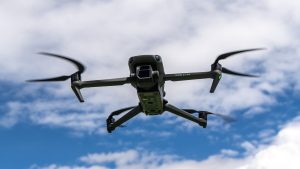
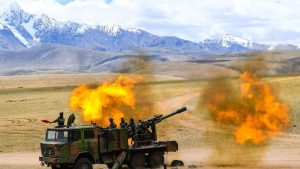
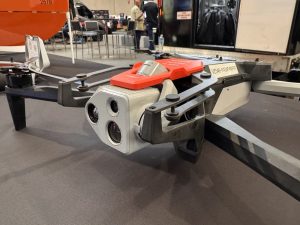
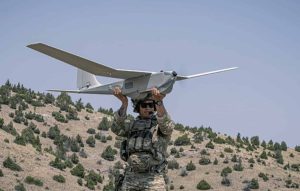
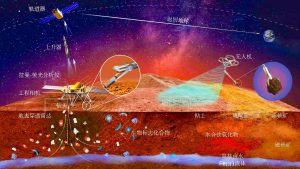

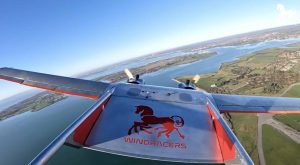
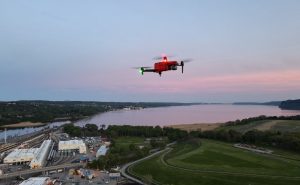
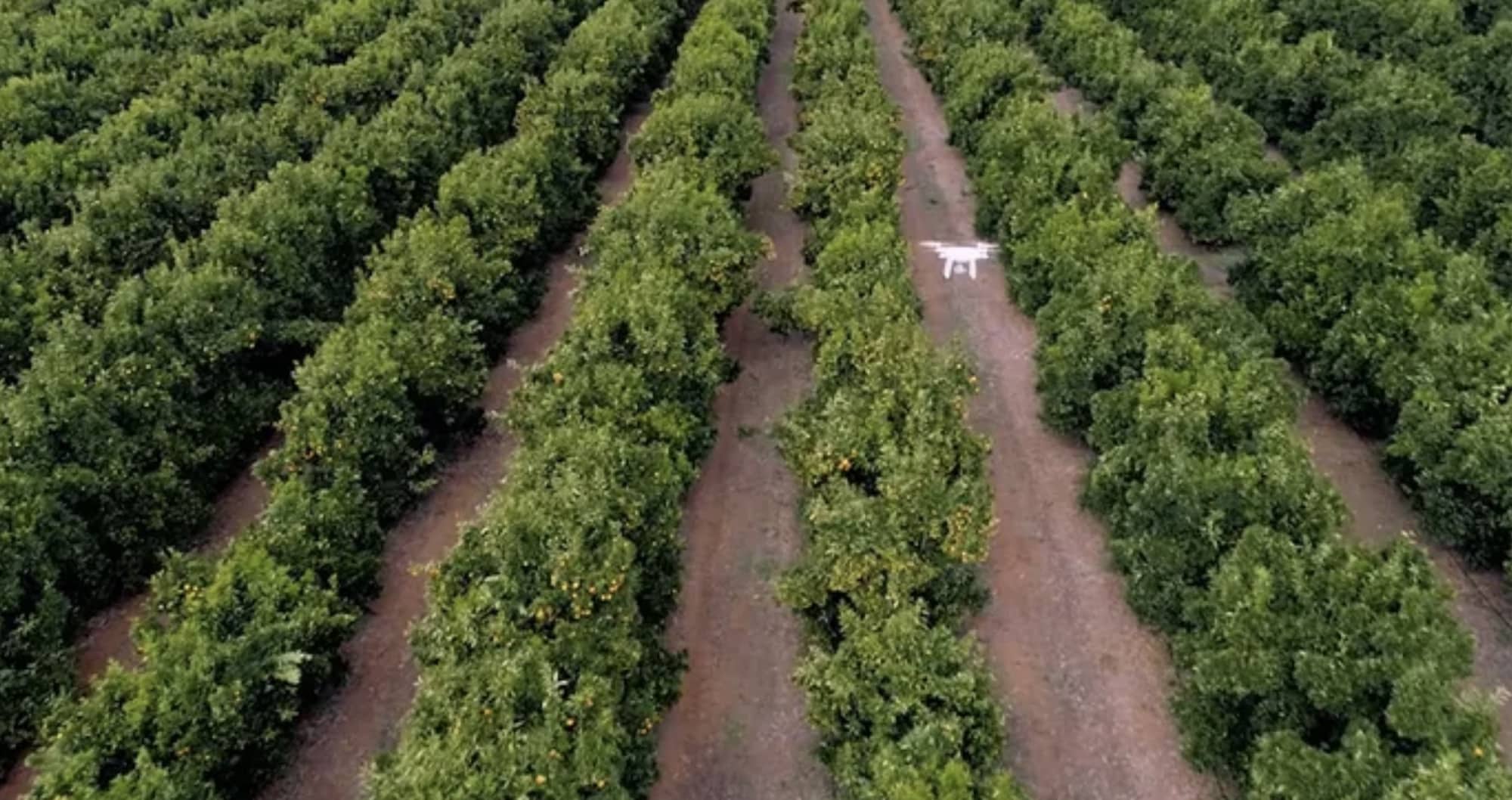

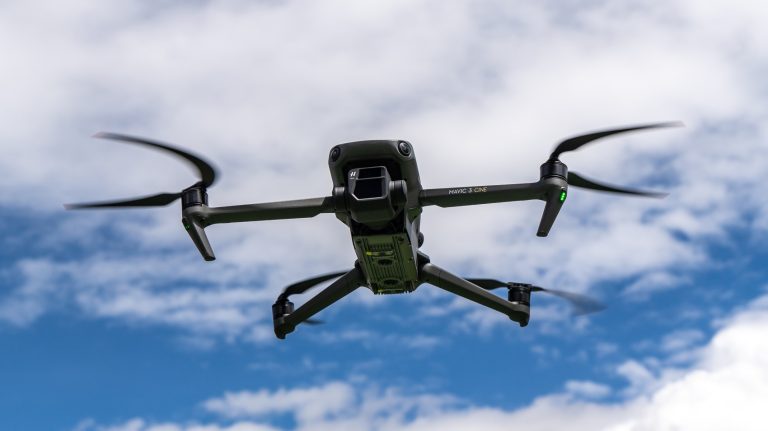
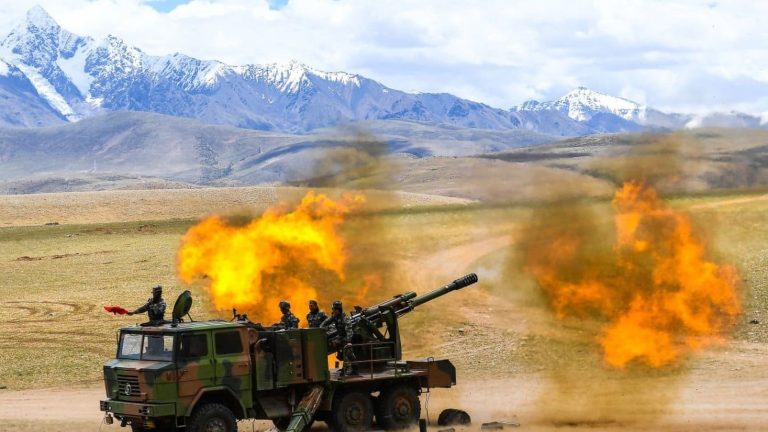
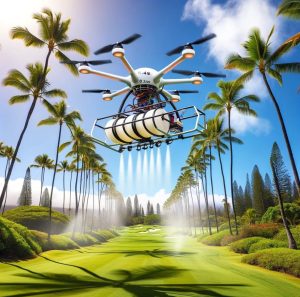

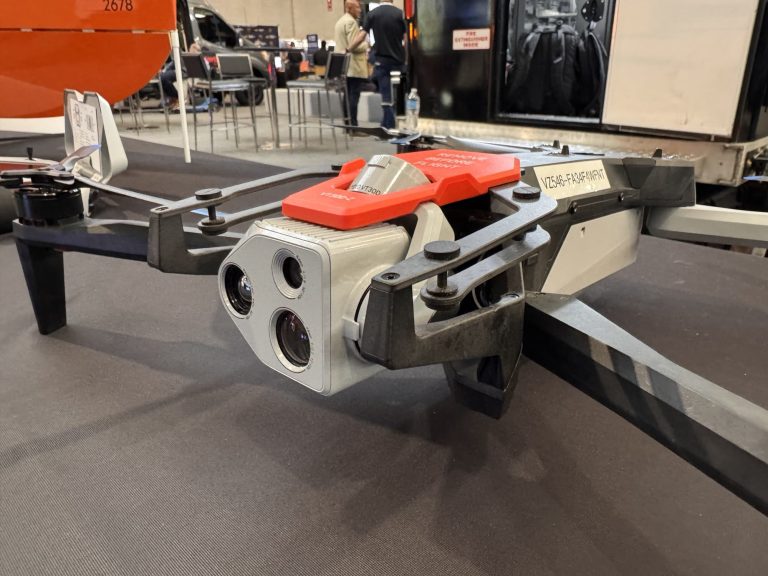
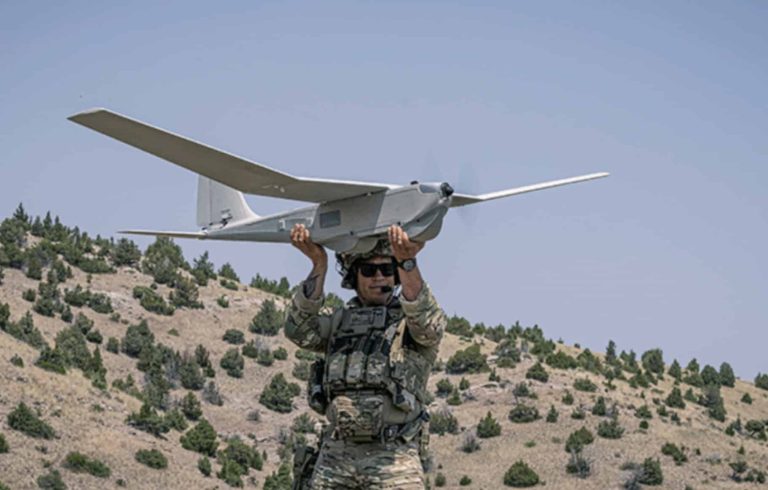
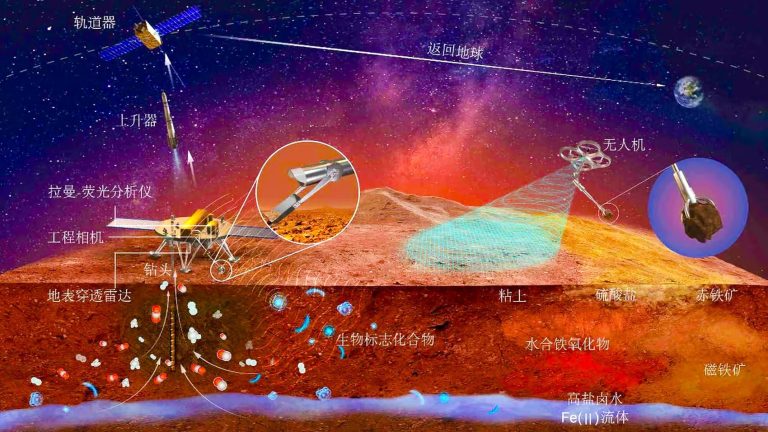

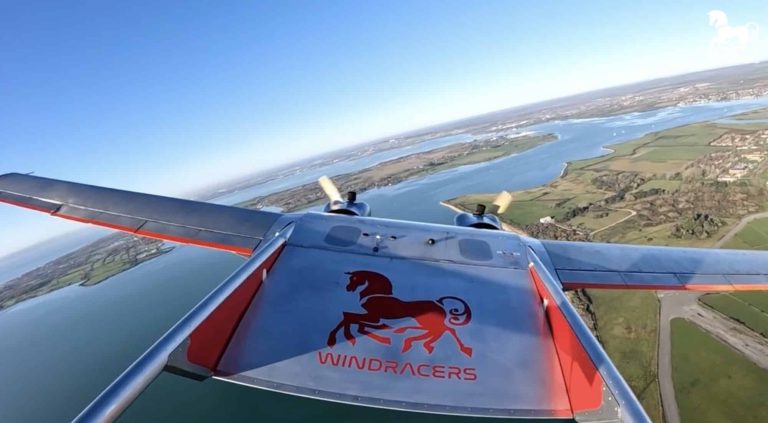
+ There are no comments
Add yours